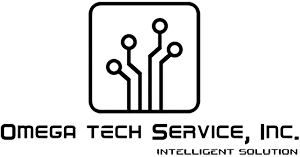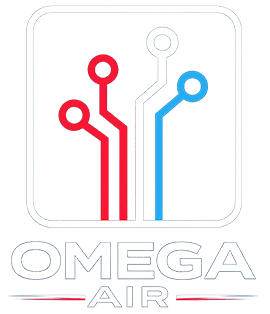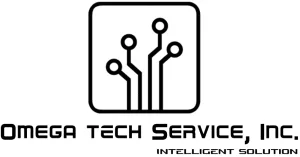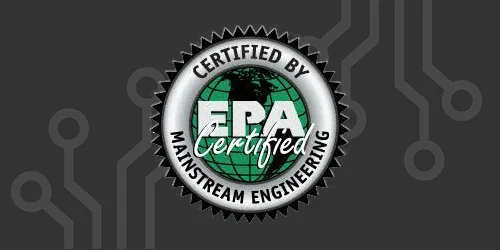The Environmental Protection Agency (EPA) certification is required for individuals who work with refrigeration systems and air conditioning equipment that contain refrigerants, due to the Clean Air Act regulations.
This certification is necessary for several key reasons:
Environmental Protection
Ozone Depletion:
Certain refrigerants, particularly chlorofluorocarbons (CFCs) and hydrochlorofluorocarbons (HCFCs), have been found to deplete the ozone layer. The ozone layer is crucial for protecting life on Earth from harmful ultraviolet (UV) radiation.
Global Warming:
Many refrigerants are potent greenhouse gases with a global warming potential (GWP) far greater than carbon dioxide. The release of these gases into the atmosphere contributes to global warming and climate change.
Legal Compliance
Regulatory Requirements:
The EPA enforces regulations that require proper handling, recovery, recycling, and disposal of refrigerants. The Clean Air Act Section 608 mandates that individuals who maintain, service, repair, or dispose of equipment that could release refrigerants into the atmosphere must be certified.
Prevent Illegal Releases:
The certification process educates technicians on the legal and proper techniques for managing refrigerants, aiming to prevent illegal or accidental releases into the atmosphere.
Safety Handling and Storage:
Refrigerants can be hazardous if not handled properly, posing risks of toxicity, flammability, or asphyxiation. Certification ensures that technicians have the knowledge to safely handle and store these substances.
System Efficiency and Reliability:
Proper training and certification ensure that technicians are skilled in not only environmental and safety regulations but also in maintaining the efficiency and reliability of HVACR (Heating, Ventilation, Air Conditioning, and Refrigeration) systems.
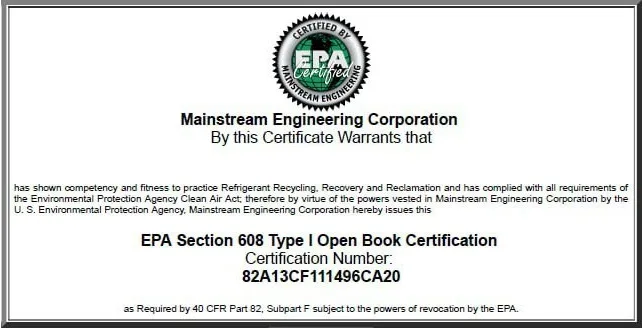
Types of EPA Certification
The EPA offers different levels of certification depending on the type of equipment a technician works with.
Type I: For servicing small appliances containing less than 5 pounds of refrigerant.
Type II: For servicing or disposing of high-pressure units, excluding small appliances and motor vehicle air conditioning.
Type III: For servicing or disposing of low-pressure units.
Universal Certification: For technicians that service all types of equipment.
Certification Process
To obtain EPA certification, technicians must pass an exam that covers the proper handling of refrigerants, the environmental impact of refrigerants, and the regulations governing their use. The exam content and difficulty vary depending on the certification type (I, II, III, or Universal).
The EPA certification is not just a legal requirement; it’s a measure to ensure that individuals working with refrigerants have the necessary knowledge and skills to do so in an environmentally responsible and safe manner. It underscores the importance of minimizing the environmental impact of refrigerants while maintaining the safety and efficiency of refrigeration and air conditioning systems.
Did you like this article and find it helpful? Share the link with your friends!
- Published on
